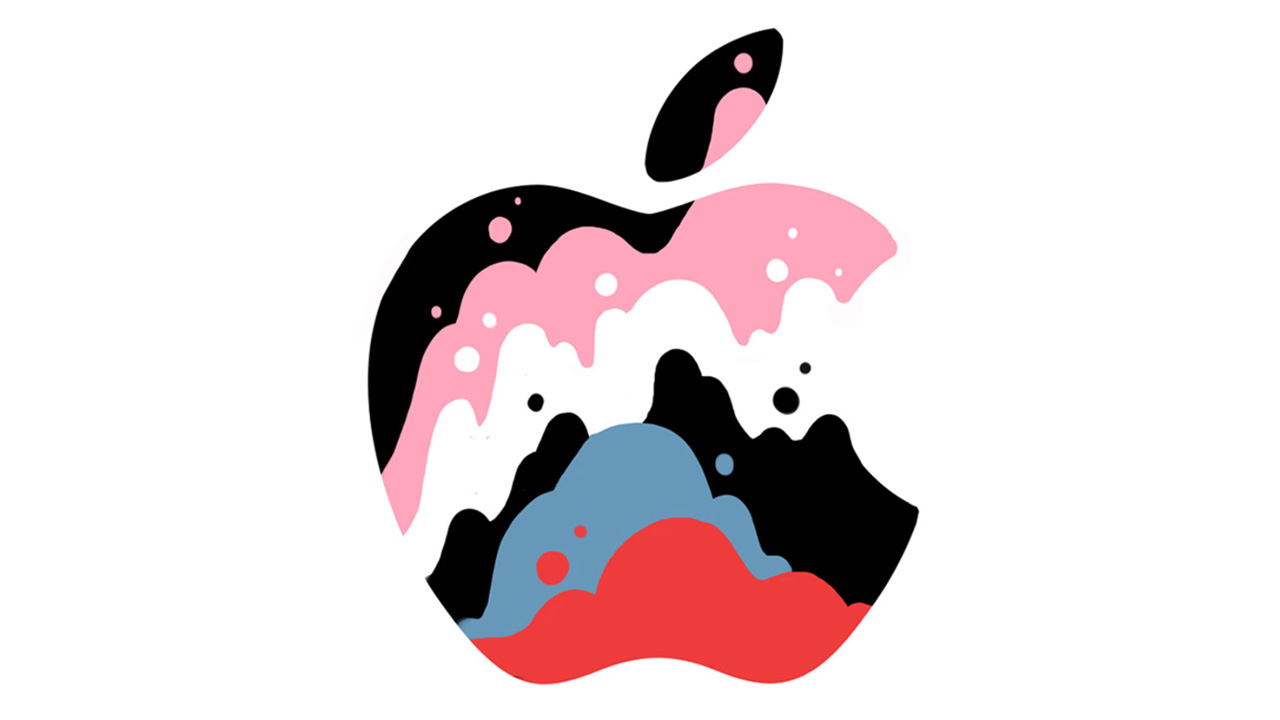
When you ask Siri a question or use new Apple AI features, you probably do not think about where that intelligence was sourced. Two authors have filed a class action lawsuit alleging Apple used copyrighted books from pirated repositories to train its generative AI systems without permission or compensation. The complaint raises urgent questions about AI copyright, fair use, and the responsibilities tech firms have when using creative works as AI training data.
Books are highly valued training material for generative AI. They offer complex language patterns, narrative structure, and deep subject matter expertise that improve model performance. At the same time most books are protected by copyright and depend on licensing and sales for author income. When publishers and writers find their work in training data sets without authorization it creates a copyright infringement dispute and drives calls for clearer data licensing practices.
The plaintiffs say Apple obtained copyrighted works through pirated book repositories rather than licensed channels. Key allegations include:
The authors seek monetary damages and injunctive relief to stop use of their works and to require removal or remediation of models trained on pirated content.
This lawsuit sits alongside other recent legal actions and settlements that focus attention on how generative AI models are built. Courts and regulators are increasingly focused on AI legal risks such as copyright claims and the need for explicit data licensing. If the case succeeds it could require major AI developers to obtain licenses for copyrighted content or to pay creators when their works are used as training data. That change would alter the economics of model training and could lead to more licensing deals between AI firms and publishers.
Authors and creators are pushing for fair compensation and stronger protection of creative works in the age of AI. AI companies face pressure to adopt transparent training data policies and to negotiate data licensing agreements that address publisher and author concerns. Legal outcomes in this area will also affect model builders who use RAG models and other retrieval augmented generation techniques that rely on large indexed corpora.
This legal fight is part of a larger movement by creators to secure revenue and recognition when their work is used to train powerful AI systems. Whether it leads to widespread licensing frameworks or higher barriers to innovation remains to be seen. What is clear is that AI copyright and responsible training data practices are now central to how the AI industry will evolve.



